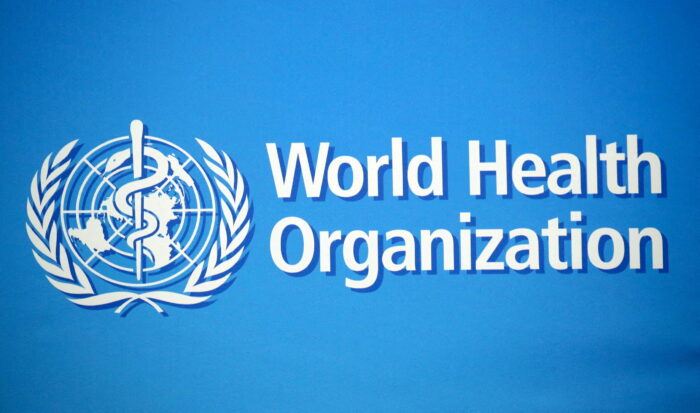
World Health Organization (WHO) building in Geneva, Switzerland, February 2, 2020. Picture taken February 2, 2020. REUTERS/Denis Balibouse/File Photo
WHO clarifies ‘unknown’ disease in Nigeria, links to meningitis cases
The World Health Organization (WHO) has provided clarification on reports of an ‘unknown’ disease allegedly responsible for 30 deaths in Gombe State, Nigeria, in mid-February.
The WHO confirms that the reports can be linked to three cases of meningitis, which are part of ongoing seasonal outbreaks.
Contrary to initial reports of dozens of fatalities, the WHO investigation reveals that there have been only three deaths resulting from confirmed cases of meningitis.
Nigeria’s Centre for Disease Control and Prevention and the regional Africa Centres for Disease Control and Prevention have not officially confirmed or denied an unknown disease outbreak in Gombe State.
Nigeria is currently grappling with various infectious diseases, including Lassa fever, diphtheria, and meningitis.
On February 27, Nigeria’s National Assembly instructed the health ministry to investigate a “strange disease” in Gombe State.
Initial reports came from a Facebook post on February 18, indicating unexplained deaths at Nafada General Hospital, allegedly caused by an unknown disease with symptoms such as abdominal pain, diarrhoea, and fever.
Gombe State Commissioner of Health, Habu Dahiru, later denied the report of mystery deaths, stating that the cases involved symptoms suggestive of cerebrospinal meningitis.
The WHO emphasized the importance of transparent and accurate information to build public confidence and prevent the spread of misinformation during health crises.
The WHO acknowledged that West African countries are on high alert for infectious diseases, and efforts are being made to improve surveillance systems and communication strategies.
Public health bodies in the region remain vigilant, focusing on aggressive responses to potential outbreaks.
The Ebola outbreak in 2014 served as a wake-up call, prompting increased efforts to strengthen disease surveillance in West African countries.
